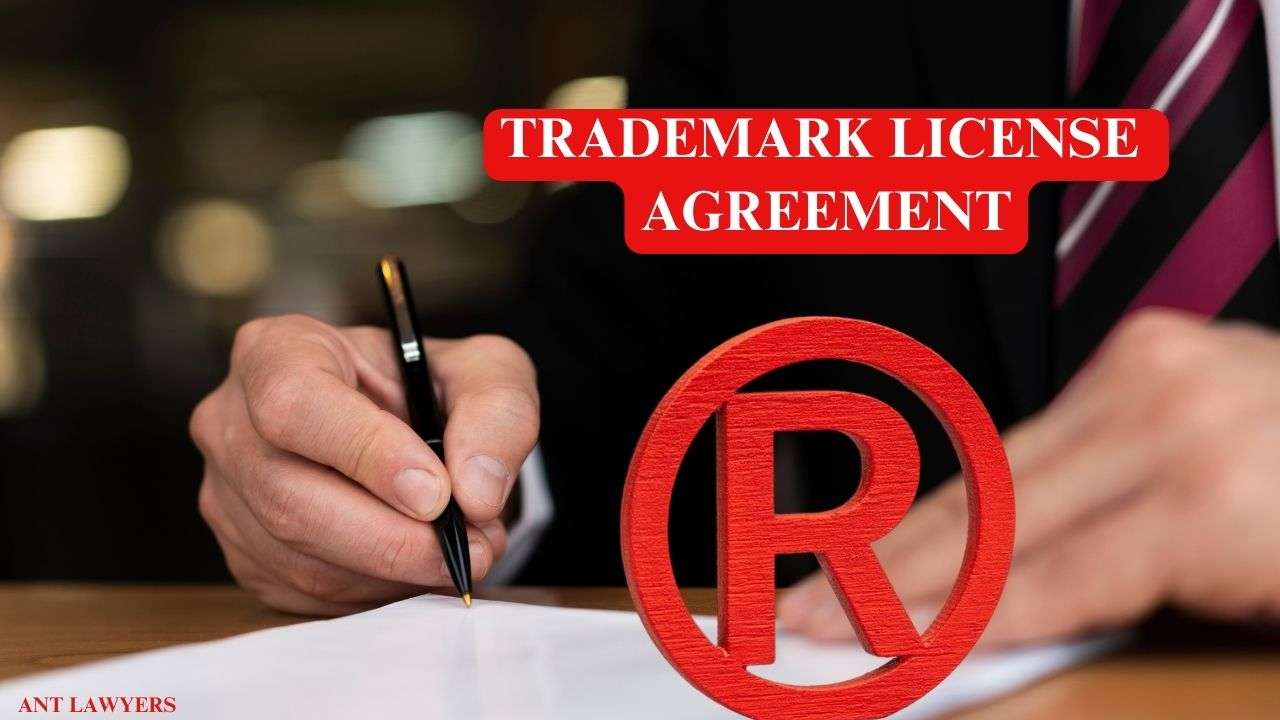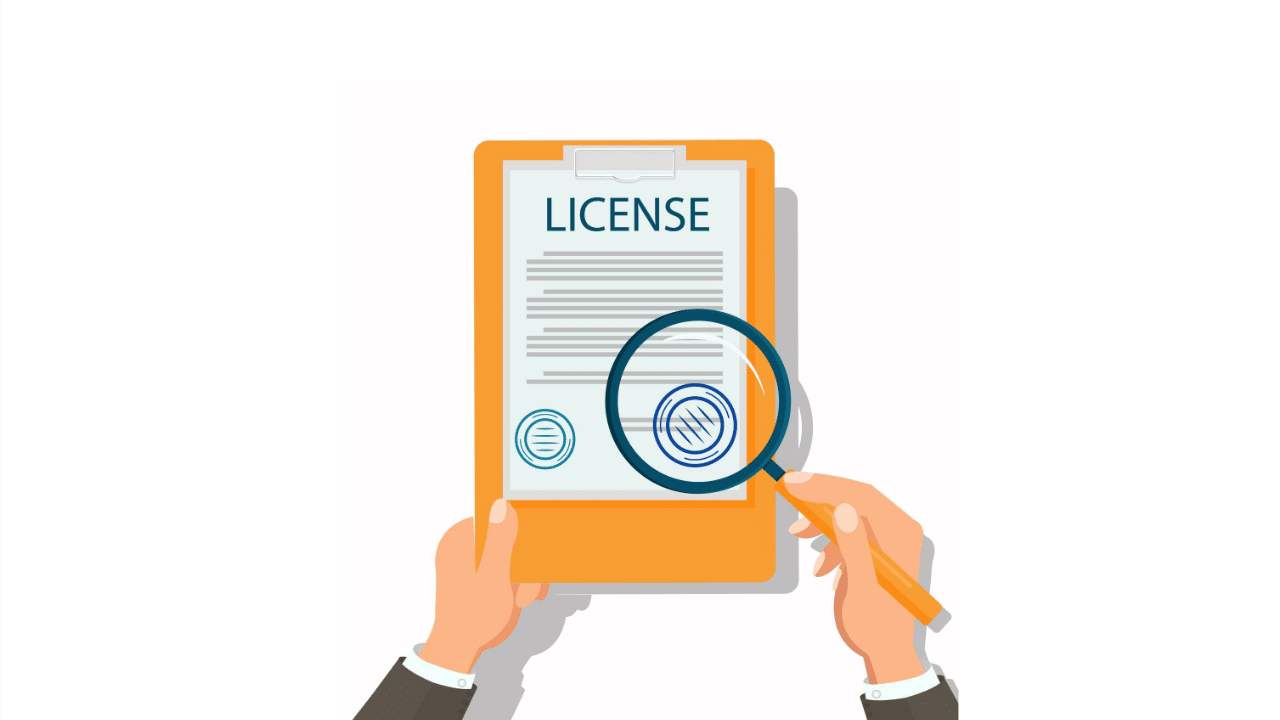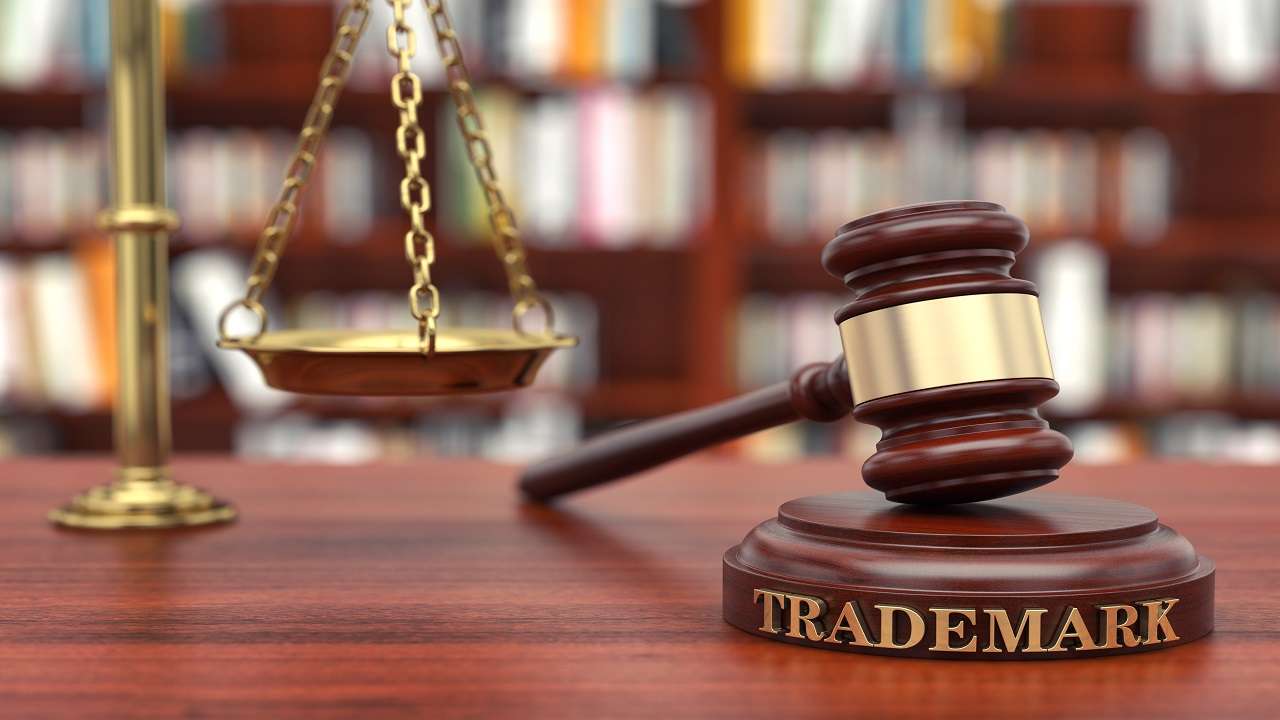How Trademark License Agreement in Vietnam Works?


Trademark license agreement in Vietnam
What is trademark license agreement in Vietnam?
A trademark license agreement in Vietnam is a contract between the owner of a trademark (the licensor) and another party (the licensee) that allows the licensee to use the trademark in Vietnam in exchange for a fee. The agreement should specify the scope of the license, including the products or services that the licensee is allowed to use the trademark on, the territory in which the license is valid, and the duration of the license.
Trademark license agreements in Vietnam is governed by the IP Law in Vietnam. The law requires that trademark license agreements be in writing and that they be registered with the National Office of Intellectual Property of Vietnam (NOIP) in order to be enforceable against third parties.
What type of trademark license agreement in Vietnam?
Types of trademark license agreements in Vietnam include: Exclusive trademark license agreement and non-exclusive trademark license agreement.
1.Exclusive trademark license agreement
In an exclusive license, the licensor grants the licensee the exclusive right to use the trademark in Vietnam for the duration of the license.
2.Non-exclusive trademark license agreement
In a non-exclusive license, the licensor retains the right to use the trademark in Vietnam alongside the licensee.
What are benefits of trademark license agreement in Vietnam?
Trademark license agreements can be a useful way for businesses to expand their reach and brand awareness into new markets. They can also be a way for businesses to generate additional revenue from their trademark assets.
Trademark license agreement in Vietnam could bring great benefits as following:
- Additional revenue
- Territorial expansion
- Benefits from others’ manufacturing, sales, distribution, marketing skills
- New channels of distribution
- Discontinued marks
- Strategic partnerships
- Convert a trademark infringer into a partner
- Increase consumer recognition and advertising
How royalties are regulated in trademark license agreement in Vietnam?
1.Written Agreement
A trademark license agreement must be in writing and clearly stipulate the terms and conditions, including the amount of royalties or fees to be paid.
2.Types of Royalties
Royalties in trademark license agreements can be calculated in various ways, such as a fixed amount, a percentage of net sales, or a combination of both.
3.Royalty Calculation Methods
License agreements may specify different methods for calculating royalties. These methods can include gross sales, net sales, or other agreed-upon criteria. The chosen method should be clearly outlined in the agreement.
4.Reporting and Payment
The agreement should stipulate the reporting and payment procedures for royalties. Payments must be made in accordance with the terms specified in the agreement.
5.Taxation
Royalties are subject to taxation in Vietnam. The licensor is generally responsible for withholding and paying the relevant taxes to the Vietnamese government.
6.Registration and Recordation
Certain trademark license agreements may need to be registered or recorded with the NOIP to ensure their legal validity and enforceability.
7.Enforcement
If the licensee fails to make royalty payments or breaches the terms of the agreement, the licensor has the right to enforce the agreement through legal means, including initiating litigation.
8.Dispute Resolution
The agreement should outline the dispute resolution mechanism in case of conflicts between the parties, such as mediation or arbitration.
9.Termination and Consequences
The agreement should specify the conditions under which it can be terminated and the consequences of such termination. This includes whether the licensee can continue using the licensed trademark or whether it must cease use upon termination.
10.Protection of Trademarks
The agreement should address issues related to trademark protection, ensuring that the licensee uses the trademark correctly and takes measures to protect its integrity and reputation.
It’s important for parties entering into trademark license agreements in Vietnam to seek legal advice to ensure compliance with Vietnamese law and to draft comprehensive, well-defined agreements that protect the interests of both parties. Consulting with legal experts and experienced intellectual property attorneys in Vietnam can help facilitate a smooth and legally compliant trademark licensing process.
How ANT Lawyers – IP agent in Vietnam could help?
If you are considering licensing your trademark in Vietnam, it is important to consult with an experienced IP lawyers to ensure that the license agreement is properly drafted and registered.
We help clients overcome cultural barriers and achieve their strategic and financial outcomes, while ensuring the best interest rate protection, risk mitigation and regulatory compliance. ANT lawyers has lawyers in Ho Chi Minh city, Hanoi, and Danang, and will help customers in doing business in Vietnam.
How ANT Lawyers Could Help Your Business?
You could learn more about ANT Lawyers IP Practice or contact our IP attorneys in Vietnam for advice via email ant@antlawyers.vn or call our office at (+84) 24 730 86 529
Recent Posts
7 Essential Truths to Open an Indirect Investment Account in Vietnam and Grow with Confidence
Do you want to invest overseas into Vietnam? Do you want to open an indirect…
5 Crucial Facts About ESG Laws in Vietnam That Could Save Your Business and Reputation
The Business World Is Changing Fast Rules are shifting. Expectations are rising. Eyes are watching. …
7 Powerful Reasons Why ESG Compliance in Vietnam Will Win You Trust, Growth, and Global Clients
Trust matters. Today, more than ever. Across industries, many companies are now being asked. directly…
7 Bold Reasons Why Tokenization in Vietnam Could Transform Your Future
Change is coming. Quietly. Digitally. Rapidly. Let’s imagine the situation, which assets are no longer…
Vietnam P2P Lending: 5 Bold Reasons Why Decree 94/2025 Could Empower Millions or Backfire?
A New Financial Chapter Begins in Vietnam One person lends. Another borrows. It’s that simple.…
5 Essential Lessons from Risk Management in Digital Assets in Vietnam: Protecting Trust in a Digital World
Trust Is the Real Currency Money can be lost. Tokens can vanish. Platforms can crash.…






